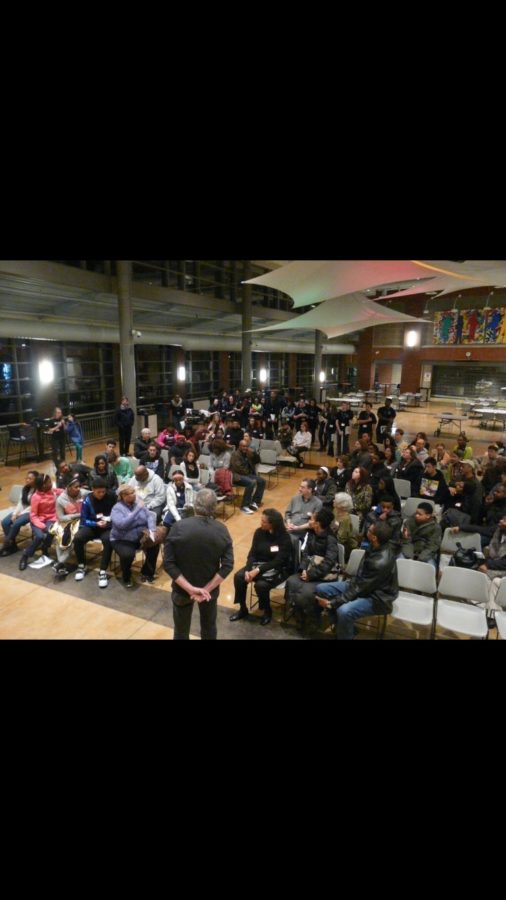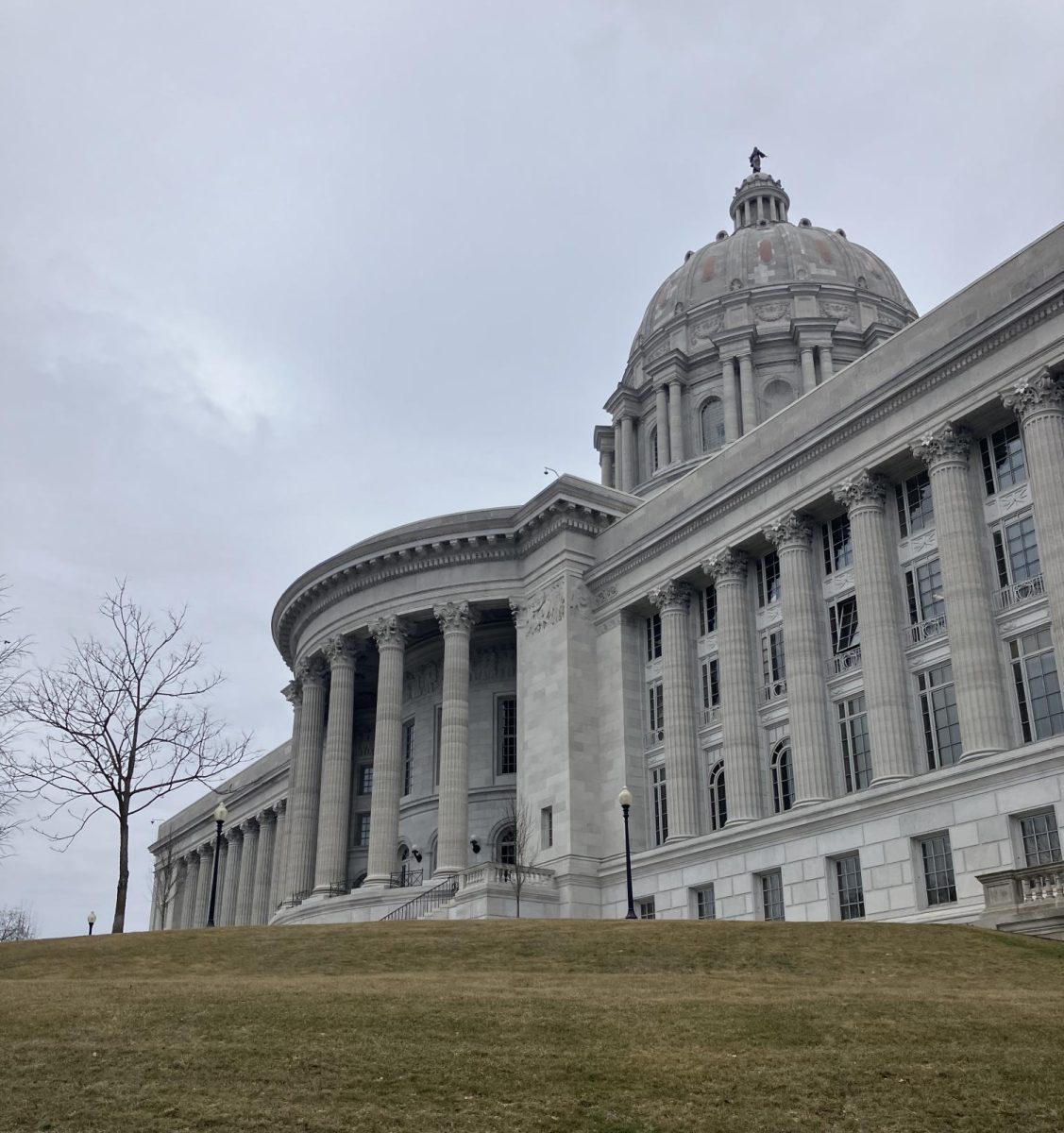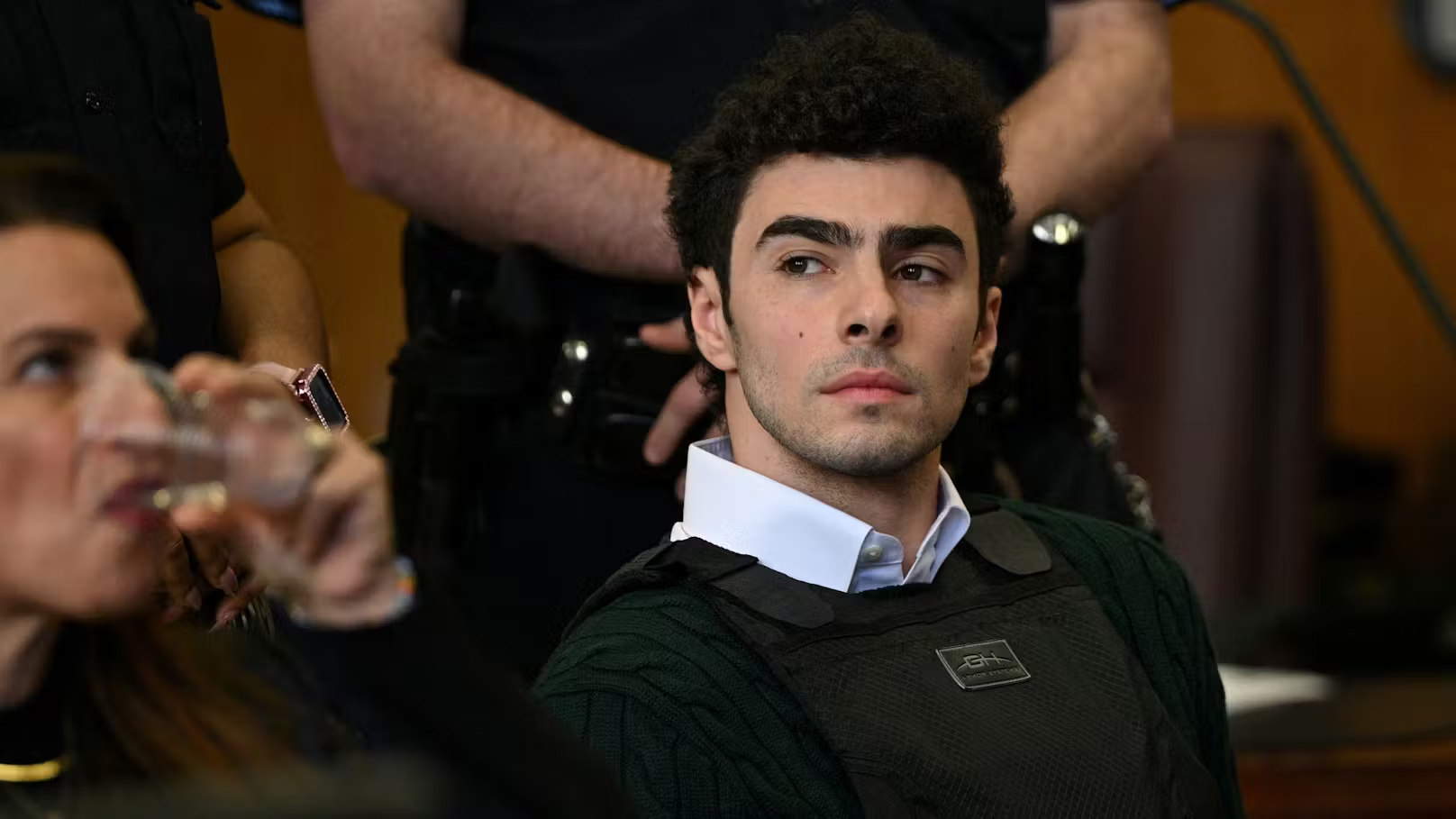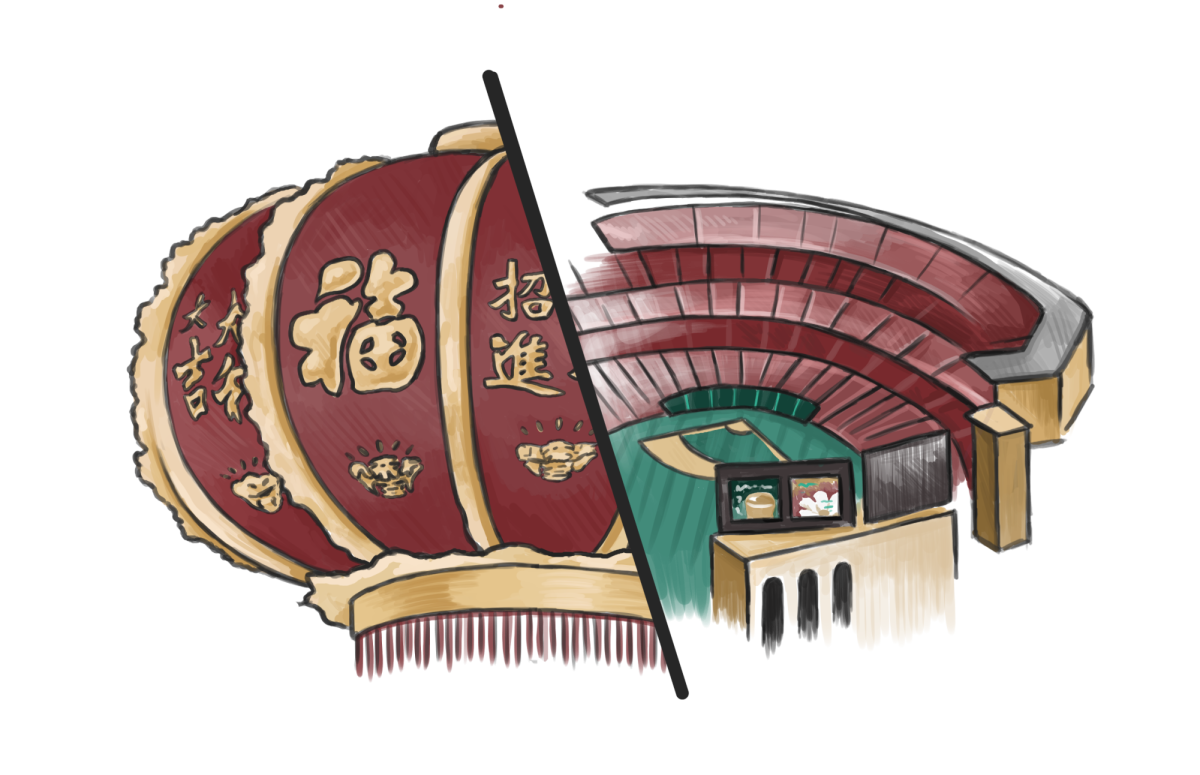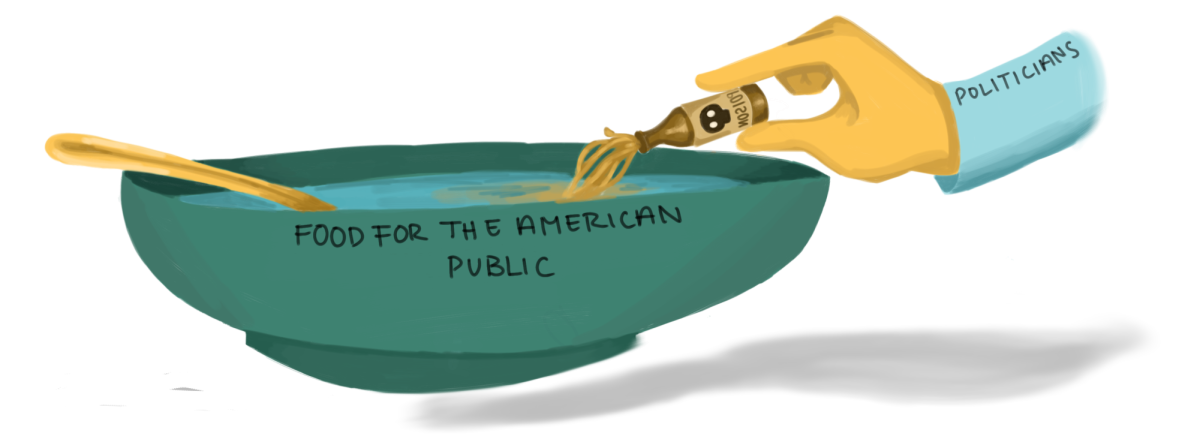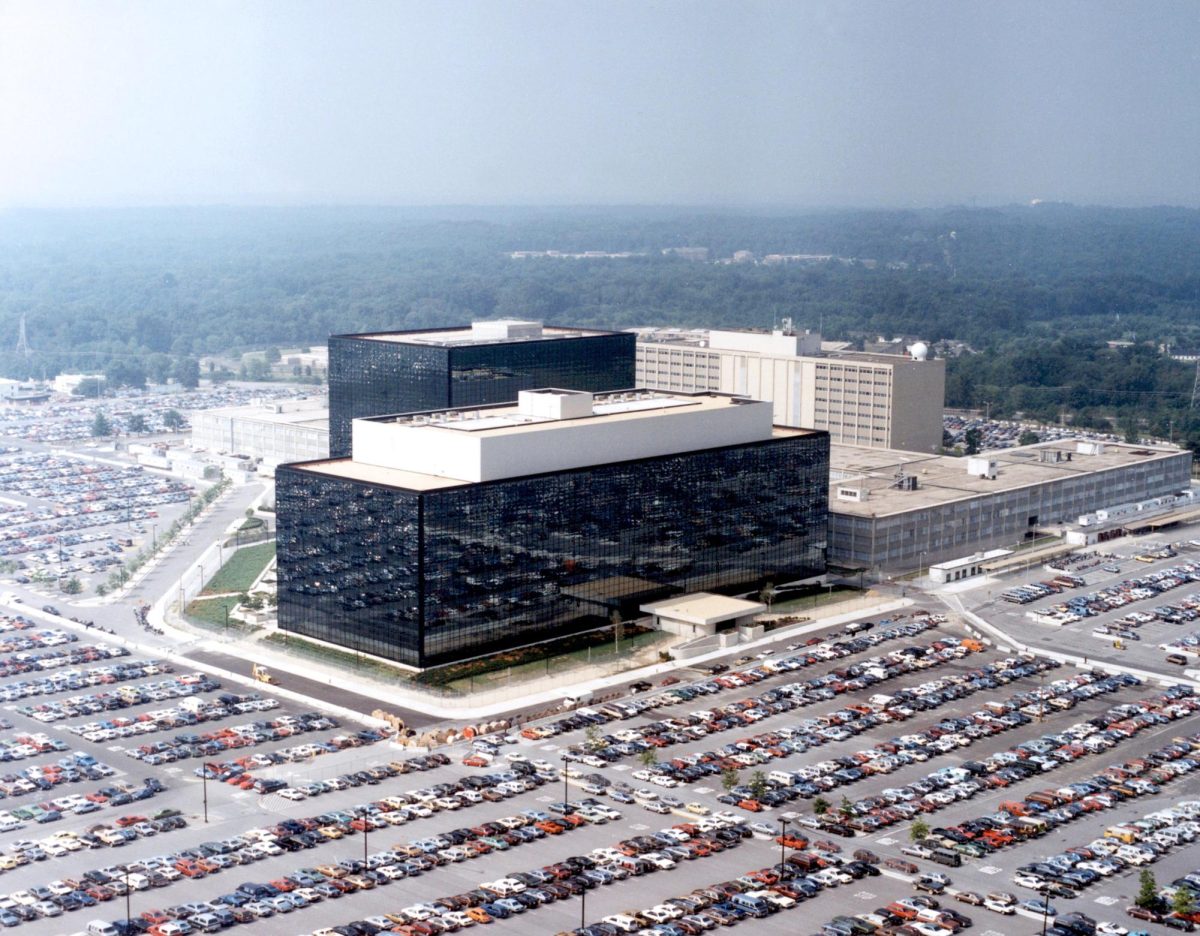It is no secret that Ladue students shy away from controversial topics—but it is not their fault. Last fall, multiple incidents occurred that led to walkouts and protests at the high school. Yet, no organized dialogue was held among students in the classroom.
On Jan. 13, I attended my sister’s Courageous Conversation through Cultural Leadership, a year-long social justice program that consists of primarily African-American and Jewish high schoolers from the St. Louis area. In a Courageous Conversation, each student picks a topic and leads a group of about 15 people in deep discussion. My sister led an in-depth discussion about stereotypes and microaggressions.
As an alumnus of the program, I did not expect to have some sudden realization about our world. However, as our dialogue progressed to the National Anthem, one woman spoke about how we only sing parts of the national anthem and that its other verses contain lyrics that are viewed by many as racist. This, I thought, is the information that needs to be taught in our schools. This type of conversation should not be unique to Cultural Leadership. Our school prides itself on its diversity and deep, thought-provoking classroom conversations, but the current conversations aren’t the ones we should be focusing on.
Why have I never learned about the history of my national anthem? Why do we avoid discussions about how some students don’t stand up for the Pledge of Allegiance? Maybe teachers could help students understand the truths and myths of net neutrality or how deferred action for childhood arrivals works.
I am not saying that the current curriculum should be completely revised or that we need to spend hours on these topics daily, but I do believe that teachers could implement small and large group discussions on these issues, leading to improved listening and debating skills.
It is important for us to be taught how to disagree with each other. High school students hang out with friends who typically share their same views. This often causes us to not understand opposing viewpoints. Maybe the reason that adults struggle to agree to disagree is because they were never trained in school to have these tough conversations without attacking one another. We cannot keep pretending that these uncomfortable issues are unimportant. We as students need to have these types of discussions and hope that some meaningful changes can be set into motion.


